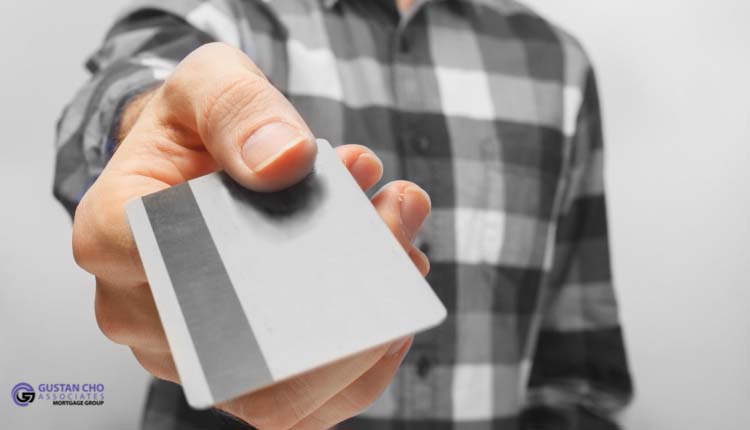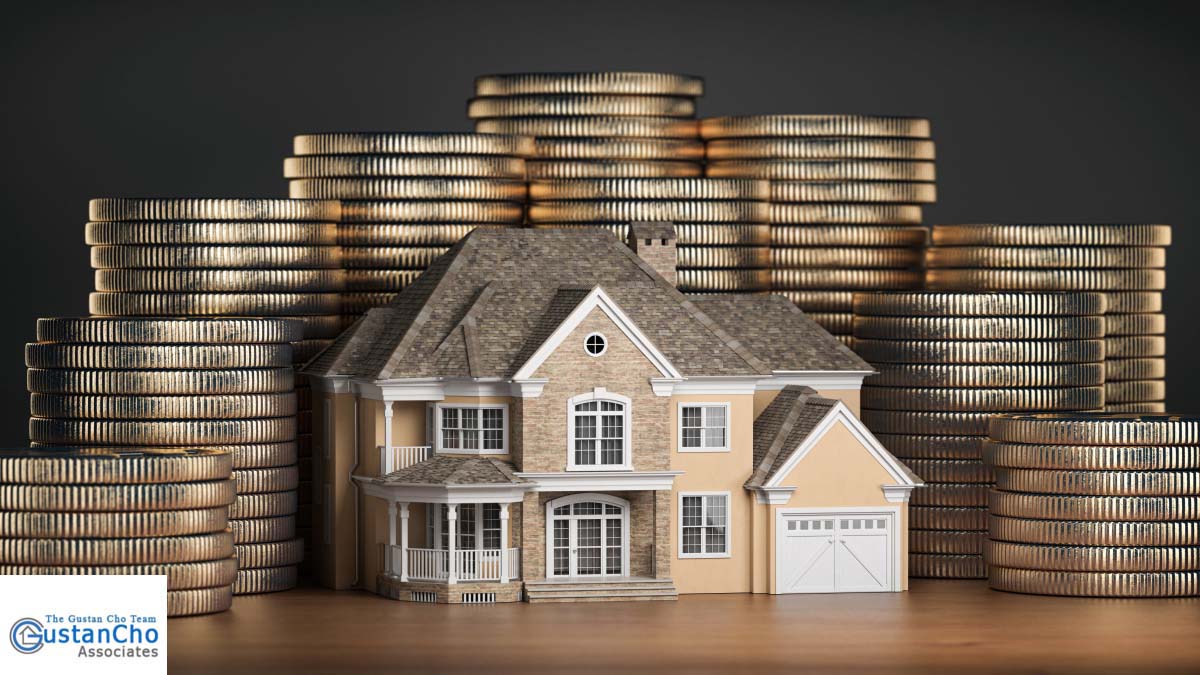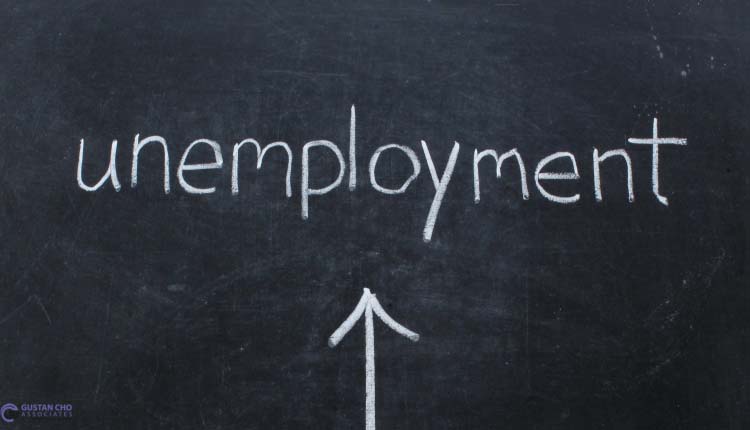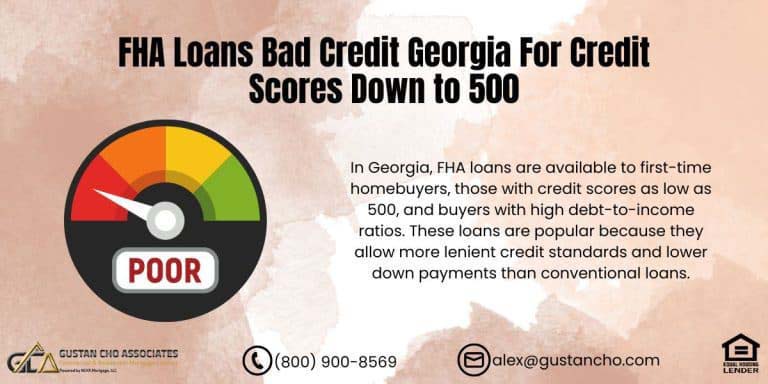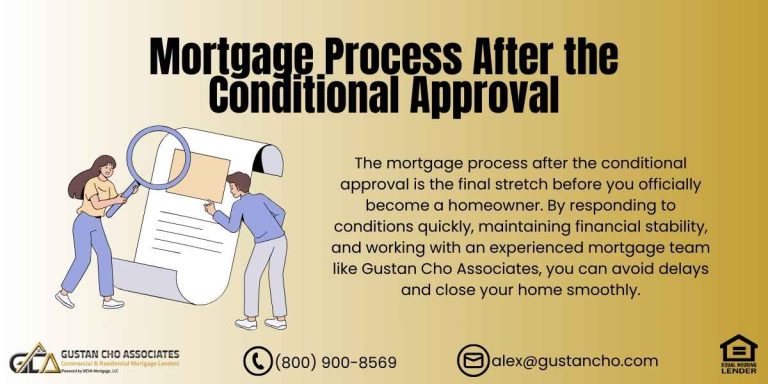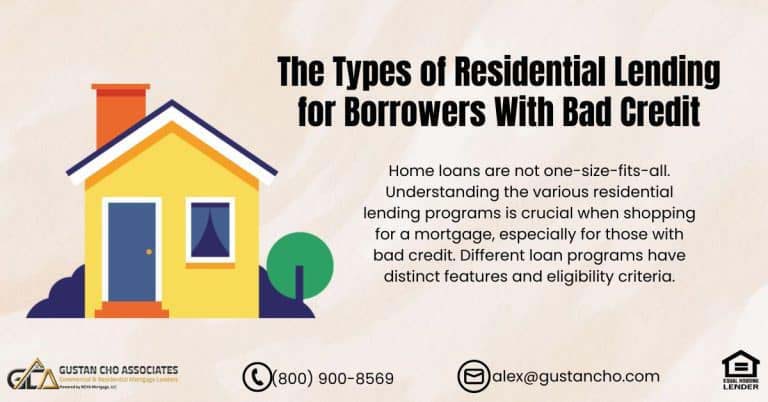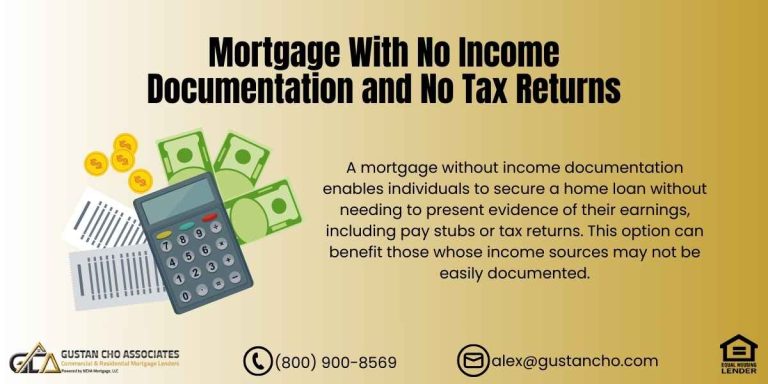This guide covers how credit scores affect conventional loans. Two of the most popular mortgage loan programs today are FHA and Conventional loans. Conventional loans are not government loans like FHA, VA, USDA. Conventional loans are called conforming loans because they need to conform to Fannie Mae or Freddie Mac Guidelines.
Credit scores play a major impact on the pricing of mortgage rates on all mortgage loan programs. Credit scores play a larger factor on Conventional than FHA loans.
There are many negatives how credit scores affect conventional loans. There are three major credit reporting agencies, also called credit bureaus. They are Experian, Transunion, and Equifax. Each of these credit-reporting agencies has their own ways of analyzing a consumer’s credit and coming up with credit scores. Every consumer should have three credit scores, one from each credit bureau. Lenders will pull all three credit scores from each of the three credit reporting agencies. In the following paragraphs, we will cover how credit scores affect conventional loans.
Speak With Our Loan Officer for Getting Fannie Mae or Freddie Mac Loans
Credit Scores Used By Mortgage Lenders
All lenders use the middle credit score when qualifying a mortgage loan applicant: The middle score is what is used to qualify a mortgage loan applicant. Middle credit scores are what is used to determine what mortgage rate borrowers will get. The higher the credit scores, the lower the mortgage rates. The lower the credit scores the higher the mortgage rates.
Lenders view a mortgage loan applicant with a lower credit score as higher risk. This is the reason why they charge higher mortgage rates for a mortgage loan applicant with a lower credit score.
How credit scores affect conventional loans? How credit scores affect conventional loans are what determines the mortgage rates. Credit scores affect the pricing or mortgage rates for other loan programs but are especially more sensitive on conventional loans.
Understanding How Credit Scores Affect Conventional Loans
Credit scores play a significant role in determining the terms and conditions of conventional loans. A conventional loan is a mortgage that is not insured or guaranteed by a government agency, such as the Federal Housing Administration (FHA) or the Department of Veterans Affairs (VA). Instead, it is backed by private lenders and follows guidelines set by Fannie Mae and Freddie Mac, two government-sponsored enterprises.
How Credit Scores Affect Conventional Loans with Mortgage Rates
In this section, we will cover how credit scores affect conventional loans: Higher Credit Score = Lower Interest Rate: Borrowers with higher credit scores typically qualify for lower interest rates. Lenders view borrowers with higher credit scores as less risky, and therefore, they reward them with lower interest rates. Conversely, lower credit scores may result in higher interest rates to compensate for the perceived risk.
How Credit Scores Affect Conventional Loans on Getting Approved
Higher Credit Score = Easier Approval: A higher credit score improves your chances of loan approval. Lenders use credit scores to assess the likelihood of a borrower repaying the loan. A higher credit score indicates a more favorable credit history, making it easier to qualify for a conventional loan. Borrowers with higher credit scores may have more flexibility in negotiating loan terms and conditions. They may be eligible for larger loan amounts and more favorable repayment terms.
How Credit Scores Affect Conventional Loans on Down Payment
Lower Credit Score = Higher Down Payment: Borrowers with lower credit scores may be required to make a larger down payment. This is a risk mitigation strategy for lenders, as a larger down payment reduces their exposure to potential losses. Lower Credit Score = Higher PMI Premiums: If your credit score is on the lower side, lenders may require you to pay for private mortgage insurance (PMI). PMI protects the lender in case of default. Higher credit scores may result in lower PMI premiums or the possibility of avoiding PMI altogether.
Get Approve For Conventional Loans, Click Here
Credit Score Thresholds
Minimum Credit Score Requirements: Conventional loans have minimum credit score requirements, and borrowers with credit scores below these thresholds may face challenges in obtaining a loan. The specific credit score requirements can vary among lenders and loan programs. It’s important for borrowers to be aware of their credit scores and take steps to improve them if necessary before applying for a conventional loan. Monitoring your credit report, paying bills on time, and managing your credit responsibly can contribute to a healthier credit profile and improve your chances of securing a favorable conventional loan.
How Credit Scores Affect Conventional Loans on PMI Premium
Two factors that affect mortgage rates on conventional loans are credit scores and loan-to-value. Mortgages rates are more sensitive to conventional loans than any other loan program. FHA, VA, and USDA loans have government guarantee against borrowers default on their mortgage loans. However, the only guarantee Fannie Mae and Freddie Mac Loans ( Conforming Conventional Loans ) has is the guarantee of the private mortgage insurance companies
Private mortgage insurance on conventional loans also check borrower’s credit scores and loan to value before they issue rates on private mortgage insurance
When consumers hear an advertisement on conventional loans, they normally quote par mortgage rates without any pricing adjustments. Par rates on conventional loans are the best mortgage rates offered by lenders to prime borrowers. Prime borrowers are borrowers with at least a 740 credit scores and with at least 20% down payment.
How Credit Scores Affect Conventional Loans on Loan Level Pricing Adjustments
There are pricing adjustments on conventional loans for every 20 Point drop: For example, a prime borrower with 20% down payment with a 740 credit score may be offered a mortgage rate of 4.0%. A borrower with 20% down payment with credit scores between 720 and 739 credit scores their mortgage rates may be 4.25%. Again, if a borrower with 20% down payment has credit scores between 700 and 719 their mortgage rates may be 4.5%. Mortgage rates with 20% down payment with credit scores under 700 may be 4.75%. These mortgage rates are just for illustration purposes only and do not reflect mortgage rates today. As for the question of how do credit scores affect conventional loans, this will be a perfect example on how credit scores affect conventional loans in a big way with regards to mortgage rates.
Talk To US For Credit Scores Affect Conventional Loans , Click Here
Rates on How Credit Scores Affect Conventional Loans Versus Other Loan Programs
Again, credit scores play a big impact on mortgage rates. We will discuss how credit scores affect conventional loans on pricing, down payment, private mortgage insurance, and getting an AUS approval. Lenders believe that a higher credit score borrowers have the fewer probability borrowers have of defaulting on their home loans.
Risk versus rewards is the model behind lenders charging higher mortgage rates on lower credit score borrowers. The higher the borrowers credit scores, the less risky they are to default on their loans.
The higher the credit scores the lower the lender can offer mortgage rates to borrowers with higher credit scores. How about FHA loans? With FHA loans, the same concept applies. However, credit scores and loan to value do not greatly affect FHA loans like they do Conventional loans. This because FHA loans are insured by the government against the borrower defaulting on their home loans.
Case Scenario How Credit Scores Affect Conventional Loans
Let’s take an example with FHA loans compared to the example on Conventional mortgage rates from the previous paragraph: Let’s assume that FHA par mortgage rates are 4.0%. To get this mortgage rate, the borrower may just need credit scores of 640. No matter how much higher borrowers credit is than the par credit score requirement of 640, the 4.0% par FHA mortgage rate will be the best rates available to the borrower. On the flip slide, if the borrower has credit scores between 620 and 639 they may get a loan level pricing adjustment (LLPA) of 0.25%. Now the FHA mortgage rates for this borrower is 4.25% versus 4.0%. If this borrower has credit scores between 600 and 619 then the borrower may get a mortgage rate of 4.5%. FHA mortgage rates for borrower’s under 600 credit scores may yield 4.75%. Again, these mortgage rates are just for illustration purposes only and do not reflect today’s FHA mortgage rates. Loan-to-value does not have any impacts on FHA mortgage rates like they do with Conventional loans.


